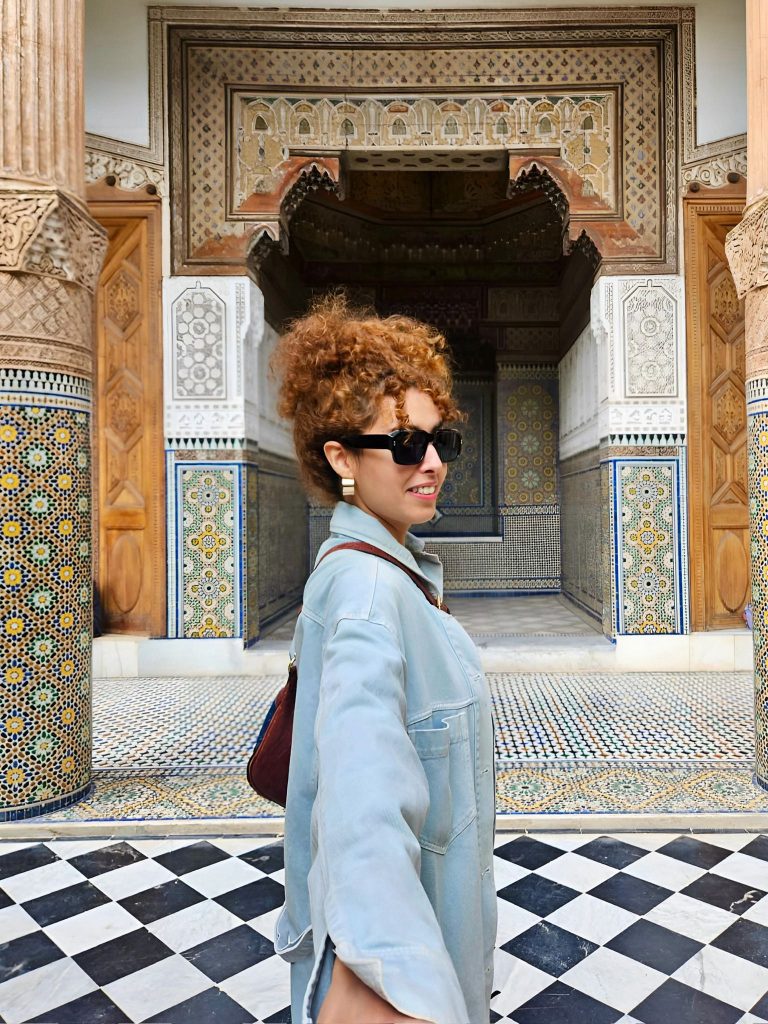I still remember standing at Casablanca airport, passport in hand, ready to explain my trip. The officer smiled, stamped my passport, and said “Welcome.” No visa application, no endless paperwork, just entry into a country that opens its doors wide. For most people planning to travel to Morocco, that’s exactly how it works.
Understanding visa requirements might sound bureaucratic, but it’s actually simple. The process lets you focus on what matters: planning your days wandering through medinas, sipping mint tea in riads, and watching the sun set over the Sahara. This Morocco travel guide walks you through everything you need to know about entry requirements, so you can pack your bags with confidence.
What Are the Visa Requirements for Morocco?
Morocco welcomes travelers with open arms. If you’re from the United States, United Kingdom, European Union, Canada, Australia, or New Zealand, you don’t need a visa for stays up to 90 days. You can simply arrive and start exploring seasonal travel guide]”>The best time to visit Morocco varies by region, spring and fall offer mild weather perfect for exploring both coast and desert.
For travelers who do need a visa, the application process is straightforward. You can apply electronically or through your nearest Moroccan embassy or consulate. Your passport needs at least 3-6 months validity beyond your travel dates, plus blank pages for entry stamps.
Required Documents for E-Visas
- Valid passport with at least 3 months remaining validity
- Recent passport-sized photograph
- Confirmed email address for correspondence
- Credit or debit card for visa fees (varies by nationality and visa type)
Required Documents for Embassy Visas
- Valid passport with at least 6 months validity beyond your planned stay
- Recent passport-sized photograph meeting specified requirements
- Detailed travel plans, including confirmed return flights
- Proof of sufficient funds, typically recent bank statements
- Confirmed accommodation reservations throughout your stay
Your accommodation proof shows your Morocco itinerary and plans within the country. This could include hotel bookings, rental agreements, or an invitation letter from a Moroccan host. Some travelers choose unique stays that blend traditional craftsmanship with modern comfort, like the thoughtfully curated spaces offered by comprehensive Morocco travel planning guide]”>Start planning your journey, and let Morocco’s magic unfold.


